A Harvard University study showed that a child's IQ can be seen as early as age 3. Even more surprisingly, children with high IQs often share three common habits.
Accordingly, the study was conducted by psychologists and child development experts at Harvard University. They observed and studied more than 1,000 three-year-old children for a year. The researchers found that the IQ of these children was closely related to their lifestyle habits.
1. Intelligent children usually play freely, without restrictions.

Free play encourages children to learn how to solve problems for themselves and enhances other soft skills. (Illustrative image)
The brains of intelligent children are always active, whether they are playing or alone. Research shows that children who are allowed to play freely are more likely to develop intellectually than children who have to follow their parents' instructions.
Free play encourages children to learn how to solve problems for themselves and enhances other soft skills.
When children put themselves in challenging situations, their brains develop strongly. Through these experiences, they learn how to apply their knowledge and experience to everyday life.
2. Intelligent children love to read books.
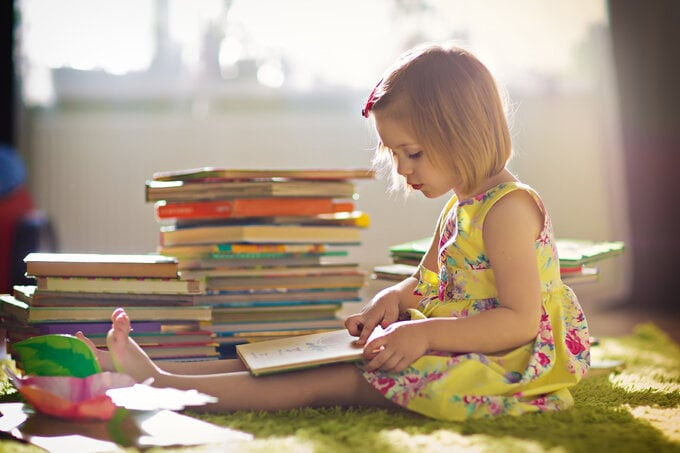
Children who read daily have better vocabulary, language comprehension, and memory than children who read less. (Illustrative image)
Intelligent children often learn to read early and develop a reading habit. For many of them, books become close companions throughout their childhood.
When children read, their brains create an unlimited cycle of knowledge acquisition. Books help children improve their understanding and vocabulary, and their thinking and expression skills are also significantly enhanced.
3. Intelligent children often have good sleeping habits.
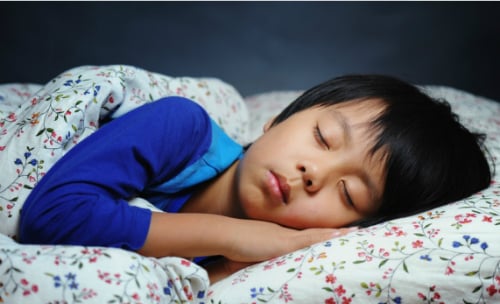
Good sleep habits are not only beneficial for brain development but also have a positive impact on children's physical and mental health. (Illustrative image)
Children develop habits of going to bed early and waking up early, ensuring they get enough sleep. While sleeping, the brain repairs and integrates information, helping to maintain the health of nerve cells, which is crucial for improving children's learning and memory abilities.
Furthermore, sleep helps consolidate memory and learning outcomes. Research shows that while sleeping, the brain reorganizes and consolidates knowledge learned during the day, thereby improving the longevity and accuracy of memory.
Good sleep habits are not only beneficial for brain development but also have a positive impact on children's physical and mental health.
Getting enough sleep can boost the immune system, improve resistance to illness, and reduce the risk of disease. Additionally, good sleep can promote emotional stability and mental well-being, helping children cope better with stress and difficulties.
4. Intelligent children often have good eating habits.

Researchers also found that children who eat breakfast every day have better learning abilities and memory. (Illustrative image)
The children prefer to eat vegetables, fruits, and whole grains, and avoid excessive amounts of sugar and junk food.
Vegetables, fruits, and whole grains are rich in vitamins, minerals, and antioxidants, providing essential nutritional support for a child's brain development.
Vitamin C helps boost the synthesis of neurotransmitters and promotes communication between nerve cells; vitamin E helps protect nerve cells from oxidative damage. Additionally, complex carbohydrates found in whole grains provide long-lasting energy, helping children stay focused and concentrated while studying.
Researchers have also found that children who eat breakfast every day have better learning abilities and memory. Breakfast is the most important meal of the day, providing children with the energy and nutrients they need to start the day.
Conversely, children who skip breakfast may feel tired, lack concentration, and experience negative impacts on their academic performance.
In addition, other studies have also shown some other common habits of children with high IQs:
Intelligent children are often messy.
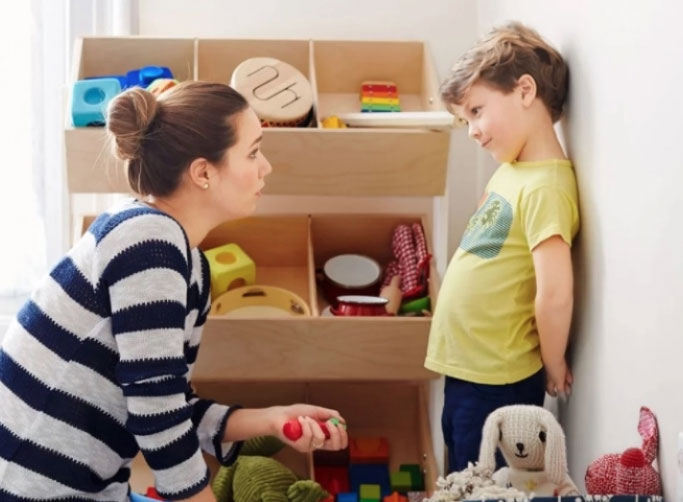
Creativity is the most important quality of gifted children; "creativity is often born from chaos." (Illustrative image)
A study by the University of Minnesota (USA) indicates that intelligent people tend to be messy because they dedicate all their time to thinking about and doing more important things.
In *Identifying Young Gifted Children*, Marge Hoctor argues that creativity is the most important quality of gifted children, stating that "creativity is often born from chaos."
The author argues that tidiness is a good quality, but parents shouldn't be too rigid and force children to be neat and tidy. This can negatively impact a child's thinking process and brain development.
Intelligent children like to talk to themselves.
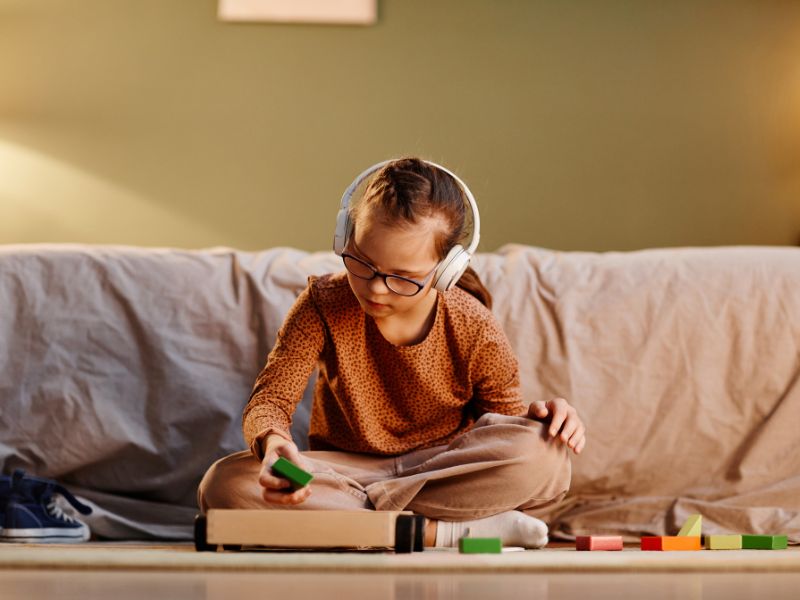
Many intelligent children are introverted and not very sociable. They often immerse themselves in their own world and always make specific plans in their heads. (Illustrative image)
A study by the University of Pennsylvania (USA) once showed that language is a communication system, and also a means of enhancing awareness and thinking, whether young or old. Therefore, when children are communicating with their own thoughts, it indicates that their expressive abilities are quite high and their brains are flexible.
According to the same study, talking to oneself helps children clarify their thoughts and determine what is important, enabling them to make more effective decisions. Through this activity, children will learn what is necessary for themselves.
Self-communication doesn't mean a child has a neurological problem; rather, it's a way for children to develop their thinking and cognitive abilities, and it can also help them discover many new and innovative ideas.
Imperfectly intelligent children
Intelligent children aren't good at everything; they usually know their strengths and use them to cultivate and develop. Furthermore, above-average intelligent children aren't necessarily academically gifted or get high grades. Some may focus on personal interests rather than studying.
Intelligent children often tear paper.
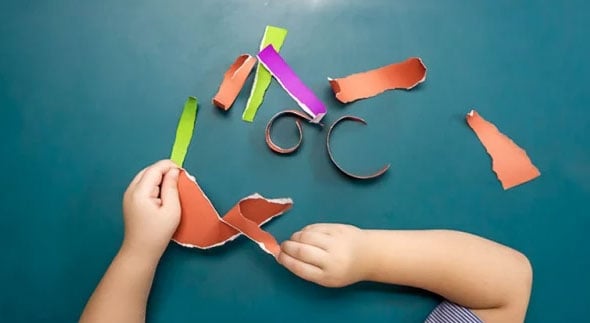
Psychologists believe that the hands are a child's second brain, meaning that children using their hands is synonymous with thinking. (Illustrative image)
No parent likes their child tearing paper into shreds, but this activity helps children develop good hand coordination. Parents can observe that children under 3 years old often show surprise when they see that when their hands move in different directions, the paper is torn into different shapes.
Psychologists believe that the hands are a child's second brain, meaning that children using their hands is synonymous with thinking. Preventing children from using their hands is tantamount to preventing them from thinking.
To help children tear paper safely, parents can provide them with clean paper that is free of ink or pencil marks (such as newspaper or printing paper) to tear into different shapes, helping to develop creative thinking.
Source






![[Photo] Two flights successfully landed and took off at Long Thanh Airport.](/_next/image?url=https%3A%2F%2Fvphoto.vietnam.vn%2Fthumb%2F1200x675%2Fvietnam%2Fresource%2FIMAGE%2F2025%2F12%2F15%2F1765808718882_ndo_br_img-8897-resize-5807-jpg.webp&w=3840&q=75)


























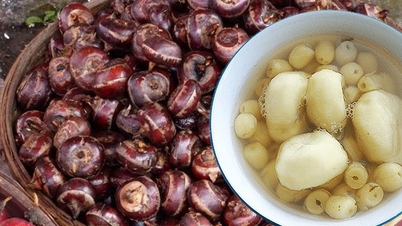
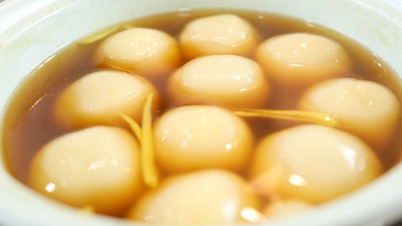


















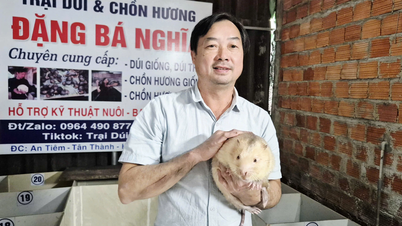





















































Comment (0)